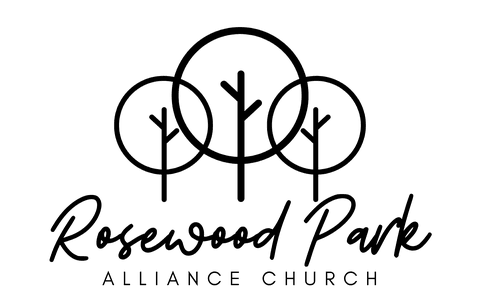The Yamaha philosophy of music education is based on the belief that all people have the potential to develop musical ability.
YAMAHA BELIEVES THAT EVERYONE HAS THE CAPACITY TO CREATE, PERFORM AND ENJOY ONE'S OWN MUSIC, AND THAT THROUGH THIS JOY OF MUSIC ONE CAN ENJOY A RICHER LIFE.
In the early 1950's, a research team of excellent teachers, physicians, psychologists and musicians were brought together to develop a new and effective way of teaching music. Through much discussion, research and experimentation, a unique and remarkable educational system evolved which is now being praised around the world. The four main characteristics of the Yamaha Music Education System are:
- Timely instruction
- Comprehensive music education
- Group lessons
- Systematic education program
1. Timely Instruction
Timely Instruction means students are trained in musical skills according to their developmental stage in life. The material and method of instruction is geared to the student's level of physical, psychological and social development. For example, research has shown that the ear's auditory capacity develops most rapidly between the ages of four and six and that finger muscles develop most rapidly between the ages of seven and twelve. It is for this reason that in the Junior Music Course, for four and five year olds, emphasis is placed on developing the ear rather than concentrating only on keyboard performance skills.
2. Comprehensive Musical Training
Yamaha not only trains its students to be able to perform on an instrument but also develops the fundamentals of good musicianship, such as a good aural (pitch discrimination) and rhythmic sense. Through activities such as singing in Solfège and playing in ensembles, Yamaha develops a well-rounded musician, who will be able to do much more than merely play an instrument.
One of the goals of the Yamaha Music Education System is to develop an appreciation of music as well as the ability to express it. This means:
• Developing sensitivity: A sense of appreciation of all the arts can be developed through music. Yamaha education stresses listening to music and singing with teachers, parents and friends.
• Developing ability: Music fundamentals and playing abilities are developed. This includes:
- Harmonic ability: the ability to harmonize a given melody. This is one of the building blocks of composition.
- Ensemble: the ability to play and express music together with others.
- Reading: reading and writing music and understanding the sounds to be created.
- Creativity: expressing existing music and creating one's own music.
- Singing: interpreting and expressing music through song.
- Rhythm: feeling and responding to the rhythm of music in a physical way.
• Developing creativity: through exposure to many styles and facets of music expression, the foundation is laid for developing each student's creativity.
3. Group Lessons
Through its extensive research that dates from the 1950's, Yamaha has seen that students of all ages benefit from group classes. The advantages of learning in a group are:
- Group lessons are a very effective way to achieve comprehensive musical training. In a group a student can sing with others and perform in various kinds of ensembles.
- In a group there is peer motivation such that a student will want to perform well in front of and with his/her peers. The experience of performing in front of a friendly audience on a regular and frequent basis will give the student confidence and a feeling of accomplishment.
- In a group, pressure is not constantly on one individual. As a result, music skills can be nurtured in a relaxed and friendly environment conducive to learning.
4. Systematic Education Programs
Through extensive research and experimentation Yamaha has developed its own materials, including texts and teaching aids, and its own teaching techniques. These materials are constantly being reviewed and upgraded by the Yamaha Music Foundation. In Canada, the Japanese method has been adjusted to adapt to our Western culture. Yamaha instructors are specially trained in the philosophy and methodology of the Yamaha Music Education system at teacher training seminars held on a regular basis.
Why start music lessons at such a young age?
A child's ear develops most rapidly between the ages of four and six. Since hearing development is so closely related to learning music, this is the ideal time to start developing music skills. Learning music at this age is as natural as learning to speak.


